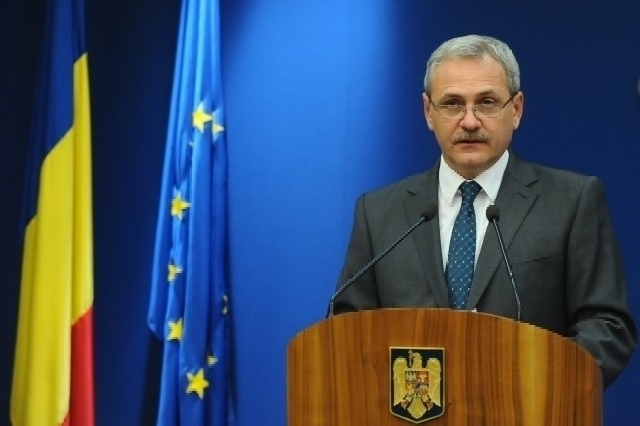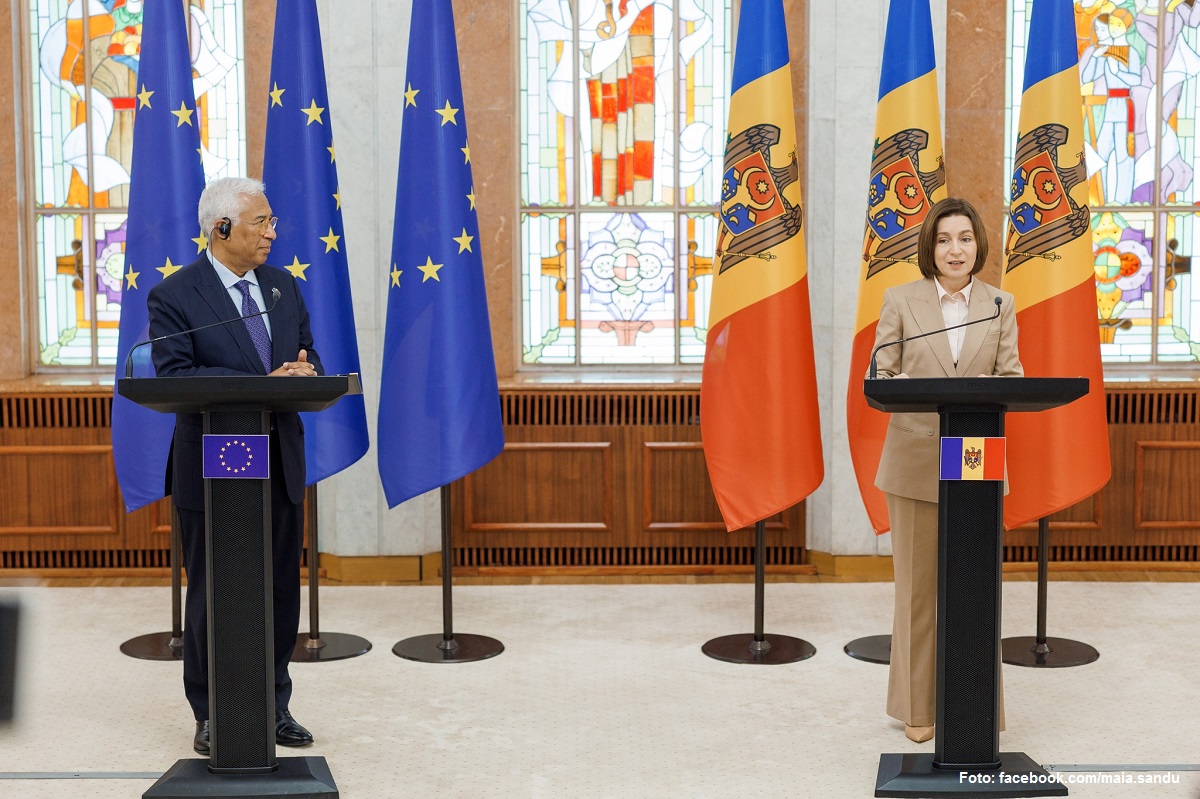Decentralization and Regionalization
After talks and negotiations among the Liberals and the Social Democratsthe draft decentralization has finally reached Parliament.

România Internațional, 18.11.2013, 13:25
The Romanian government will seek Parliament’s vote of confidence on Tuesday regarding the draft decentralization law. The document was approved on November 14th and forwarded to Parliament, so that MPs could present their amendments. This is the second time the Romanian government seeks Parliament’s vote on a draft law. In April the government resorted to the same procedure as regards the law on the retrocession of property confiscated by the Communist regime.
Seven key domains are targeted by decentralization- agriculture, education, culture, healthcare, the environment, tourism and youth and sports. Under the draft law, the institutions that are now directly being managed or financed by the central power will be subordinated to county and local councils, while these institutions’ employees will have their salaries unchanged, said the Social Democratic deputy Prime Minister, Liviu Dragnea.
At the same time, the police, the social services agency, cinema halls and ports will remain subordinated to central structures. The transfer of authority also includes real estate, mainly lands and constructions. County or local councils will establish, in many cases, the organization regulations and the number of employees of the institutions or divisions coming under their authority.
The central power will however keep control over methodologies, policies or quality checks of the activities undertaken. The opposition Liberal Democrats announced that they intended to challenge the draft decentralization law at the Constitutional Court, because they claim the procedures for seeking Parliament’s vote of confidence did not observe the regulations. The Liberal Democrat MP Mircea Toader says.
“We’ve asked for a longer deadline for submitting amendments. Also the procedure for seeking Parliament’s vote of confidence was started without having obtained the quorum of the joint bureaus”.
The opposition Democratic Union of Ethnic Hungarians in Romania supports the idea of decentralization. The president of the Ethnic Hungarians, Kelemen Hunor.
“For 23 years we have been repeating the need for decentralization, we need to apply the subsidiary principle. We need to take decisions closer to local communities”.
Kelemen Hunor pointed out that the Ethnic Hungarians do have some amendments to the government’s draft law.






























